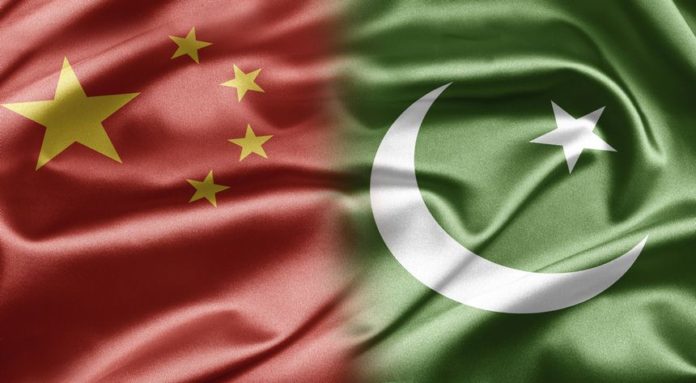As a Pakistani delegation prepares to engage with Chinese authorities in Beijing, seeking adjustments to debt terms under the China-Pakistan Economic Corridor (CPEC) for energy projects and nuclear plants, Chinese firms have unequivocally stated they will not renegotiate the terms of their Power Purchase Agreements (PPAs).
As per media reports, representatives from three prominent Chinese companies emphasised that any restructuring of energy debt should be managed directly between Chinese banks and Pakistani authorities.
They categorically rejected renegotiating their contractual terms, particularly those concerning profits and payments for idle capacity, which were agreed upon in the PPAs.
Finance Minister Muhammad Aurangzeb departed for China on Wednesday to discuss with Chinese officials the extension of debt repayment schedules for power plants financed through Chinese loans, including nuclear projects undertaken by Pakistan.
According to sources in the Power Division, the outstanding debt from these projects amounts to approximately $17 billion, encompassing both CPEC energy initiatives and nuclear installations.
Pakistan’s proposal includes requests for up to an 8-year extension in debt repayment periods, a switch in lending currency from US dollars to Chinese Yuan, and reductions in interest rates, which could collectively lower electricity prices by Rs6 to Rs7 per unit. The impact solely attributed to Chinese power plants is estimated to reduce prices by Rs3 to Rs4 per unit.
The government is also advocating for a shift from the Secured Overnight Financing Rate (SOFR) to the Shanghai Interbank Offered Rate (SHIBOR), along with a reduction in interest rate spreads, potentially cutting overall debt costs by 5%.
In contrast to the current 10-year repayment plan, Pakistan aims to extend the period to 5 to 8 years further, thereby spreading out debt servicing across an extended tariff period of 18 years.
For the fiscal year, Pakistan faces over $2 billion in energy debt repayments to Beijing, which it seeks to postpone amidst economic challenges. This includes obligations related to nuclear plants established with Chinese financing.
Despite pressures from industrial and residential sectors to renegotiate PPAs and mitigate idle capacity payments, executives from major plants like Sahiwal, Port Qasim, and China-Hubco, with a combined capacity of 3,960 megawatts under CPEC, affirmed that the take-or-pay condition stipulated in the 2014 energy policy cannot be reopened.
Chinese executives stressed that their investments in Pakistan’s energy sector, anchored on the 2014 policy framework, were essential for addressing previous severe power shortages, underscoring the necessity of maintaining contractual commitments.
They pointed out that the core challenges contributing to higher energy prices in Pakistan included significant line losses, theft, and low revenue recovery rates, factors that are beyond the control of the power producers.
Regarding comparisons in production costs, government-owned power plants were noted to operate at higher costs per unit compared to Chinese-managed facilities, reflecting differences in operational efficiencies and cost structures.
Despite operating challenges, including restrictions on dividend transfers due to Pakistan’s foreign currency crisis, Chinese companies emphasized their adherence to debt repayment obligations and expressed skepticism towards restructuring discussions outside the purview of financial institutions like Sinosure.
The companies underscored the importance of evidence-based decision-making in considering alternatives like local coal conversion for imported-coal power plants, urging transparency in government consultations.




